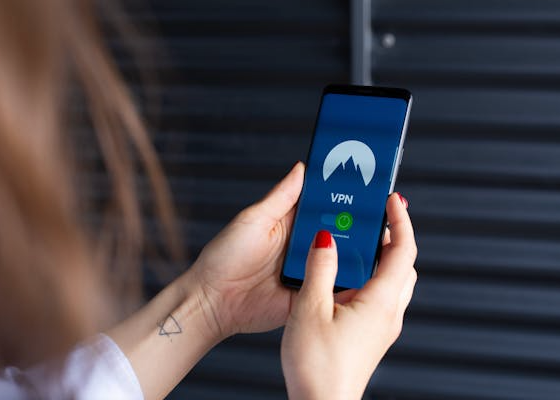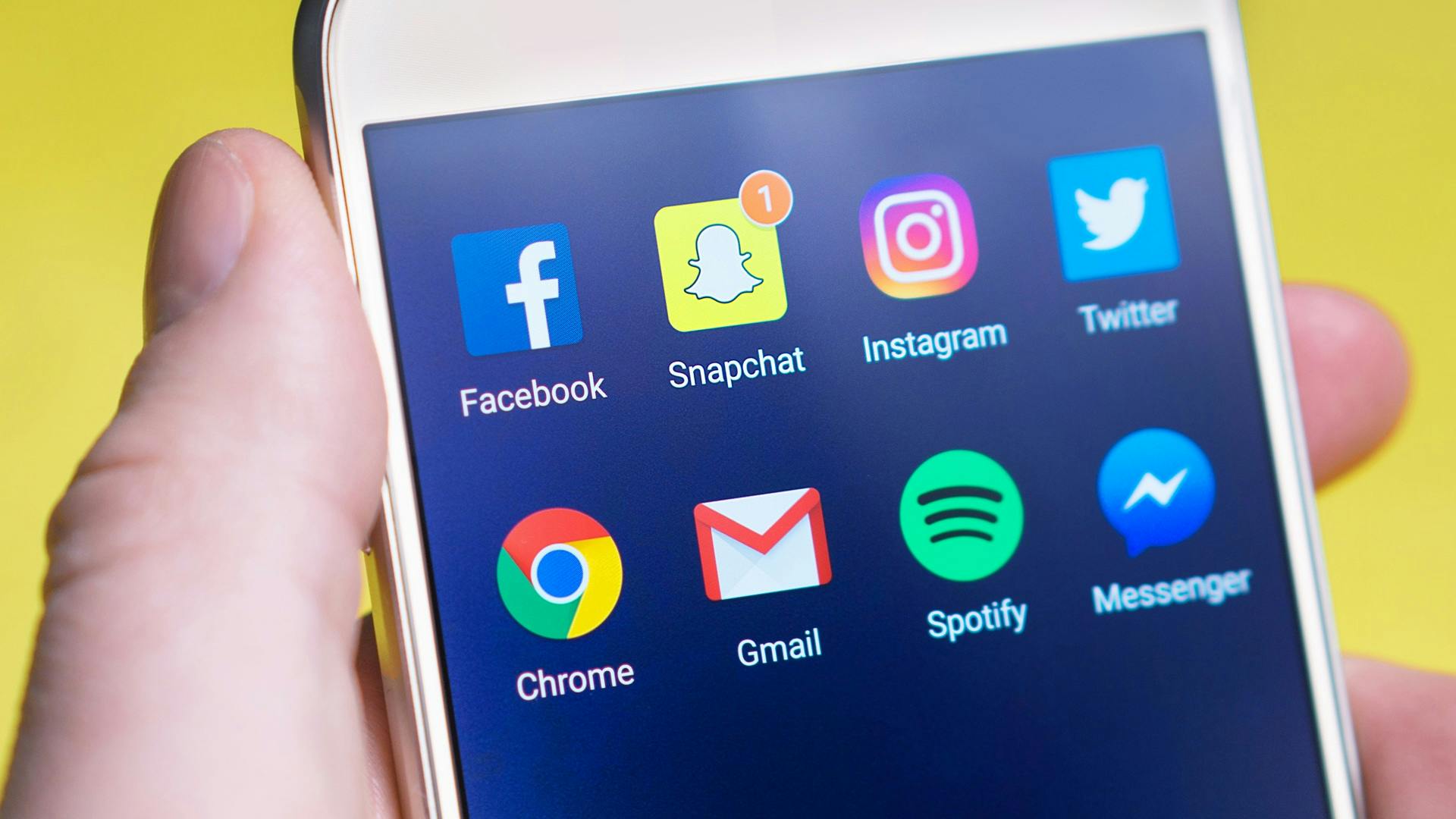In 2024, safeguarding your online privacy is more important than ever. Learn why a VPN is crucial for protecting your data and explore the top VPN providers to enhance your online security.
Why You Need a VPN in 2024
Why Do You Need a VPN in 2024?
In the digital age, where the vast flow of information dictates our lives, the need for online privacy has never been more crucial. Virtual Private Networks (VPNs) have emerged as a quintessential tool to safeguard personal data from prying eyes, especially now that everything we do is online. Here’s a comprehensive look at why you should consider using a VPN, along with a detailed comparison of the top VPN providers, and tips to enhance your online security.
You don't have a choice!
In an era where cyber threats lurk at every corner, protecting your online presence is paramount. A VPN acts as a secure tunnel between your device and the internet. It encrypts your data, making it difficult for hackers, cybercriminals, or even your internet service provider (ISP) to intercept and misuse your information. Moreover, VPNs help in anonymizing your IP address, making your online activities less traceable. Whether you are browsing on public Wi-Fi networks or at home, VPNs ensure that your data remains private and secure.
What are the benefits of using a VPN?
- Enhanced Privacy: VPNs shield your internet activity from your Internet Service Provider and potential snoopers.
- Secure Data Transfer: When using public Wi-Fi, a VPN protects your sensitive information from being stolen.
- Bypass Geo-restrictions: VPNs allow access to content that may be restricted in your region, giving you more freedom online.
- Improved Online Security: Encryption means that even if your data is intercepted, it remains unreadable to the unauthorized.
Top VPNs in 2024
When it comes to choosing a VPN, several options stand out due to their features, reliability, and user satisfaction. Below are some of the top-rated VPN services in 2024:
1. NordVPN
- Features: Double VPN, CyberSec, 5700+ servers globally, user-friendly interface.
- Price: Starts at $3.71/month (with a 2-year plan).
- Best For: Overall reliability and speed.
2. Proton VPN
- Features: Secure core servers, strong privacy features, no data logging policy.
- Price: Free plan available; paid plans start at $9.99/month.
- Best For: Privacy enthusiasts.
3. ExpressVPN
- Features: 3000+ servers, robust encryption, split tunneling.
- Price: Starts at $6.67/month (with a 15-month plan).
- Best For: High-speed streaming and reliability.
4. iCloud Private Relay
- Features: Integrated with iCloud, Hides IP address and browsing activity.
- Price: Included with iCloud+ subscriptions.
- Best For: Apple users looking for seamless integration.
5. Surfshark
- Features: Unlimited devices, CleanWeb, NoBorders mode.
- Price: Starts at $2.49/month (with a 2-year plan).
- Best For: Budget-friendly option with great features.
Comparison
| VPN Provider |
Pricing |
Key Features |
No-Log Policy |
Device Limit |
| NordVPN |
From $3.71/month |
Double VPN, 5700+ servers |
Yes |
6 |
| Proton VPN |
Free & $9.99/month |
Secure core, Privacy-focused |
Yes |
10 |
| ExpressVPN |
From $6.67/month |
Fast streaming, Robust security |
Yes |
5 |
| iCloud Private Relay |
Included in iCloud+ |
Seamless iOS integration |
N/A |
6 |
| Surfshark |
From $2.49/month |
Unlimited devices, Strong security |
Yes |
Unlimited |
Our VPN tips:
Investing in a VPN is only the first step towards ensuring your online safety. Here are some tips for maximizing its effectiveness:
- Choose a Reliable VPN: Don’t fall for free VPN services that may compromise your data. Opt for reputable paid services.
- Keep it On: Always connect your VPN when accessing the internet. This ensures end-to-end encryption is consistently active.
- Use Strong Passwords: Additionally, employ strong passwords for your VPN accounts to enhance security.
- Update Your VPN Regularly: As technology and threats evolve, so should your VPN. Always keep it updated to the latest version.
- Understand Local Laws: Be aware of the legality of VPNs in your country to avoid any unforeseen issues.
What should I choose?
Investing in a VPN in 2024 has become essential as we navigate a world that increasingly values personal privacy and data security. Among the myriad of options available, our top picks include NordVPN for overall performance, Proton VPN for privacy, and ExpressVPN for fast streaming. Regardless of your needs, there exists a VPN tailored to enhance your online experience.
Prioritizing your online security is no longer optional; it is a necessary measure to protect your personal data in the ever-evolving digital landscape. Start today by selecting the best VPN that aligns with your needs, and take the first step towards a more secure online presence.
To learn more about keeping your online presence safe, check out our related articles:




